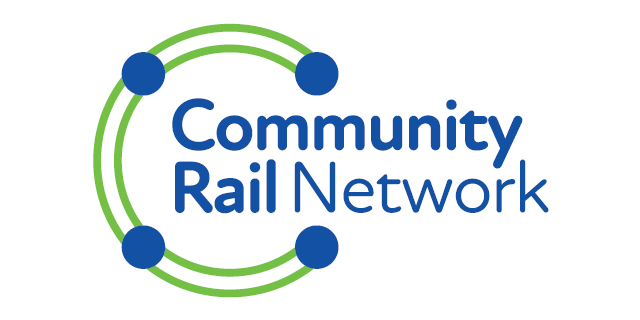
A grassroots movement made up of more than 1,000 local voluntary groups and 74 ‘community rail partnerships’ – working locally to engage communities with their railways – is set to play a pivotal role in new government plans to reinvigorate rail.
The national umbrella body for the movement, the Community Rail Network, has warmly welcomed today’s publication of the Williams-Shapps Plan for Rail, especially its commitments to make the railways more responsive to communities, and to “empower” the community rail movement to “strengthen rail’s social and economic impact.”
A new public body, Great British Railways, will run and plan the rail network, bringing the whole system under single, national leadership. The new structure and contractual arrangements will be based on greater reliability, coherence, and accountability, and always putting passengers and communities at the forefront. The plan recognises the great importance of our railways to communities and seeks to strengthen this. Read the full plan.
Great British Railways will be organised operationally into regional divisions, and the plans commit to a close working relationship with local partners, including community rail, alongside local government, to advise on opportunities for rail development, and ensure that railways are inclusive, accessible, sustainable, and responsive to local needs and views.
The plan recognises the 9,000 volunteers across Britain who deliver community engagement activity at stations and connected with local railways, and emphasises how community rail partnerships and groups play an important role in building local awareness and promoting sustainable travel by rail, improving rail’s social impact, and engaging partners such as schools and local businesses. Read more about community rail’s work in each region and nation.
Under the plans, community rail partnerships and groups will be key partners and advisors, working closely with the Great British Railways and industry partners to:
- help to maximise recovery from the pandemic by reinvigorating rail travel for leisure and tourism, particularly in our protected landscapes;
- advise on how to make stations accessible, welcoming and inclusive, and work with the rail industry to improve facilities at stations and on trains;
- help to ensure rail is well integrated with other transport services and active travel connections locally, including to support connectivity in rural areas;
- provide social connections and bring people together to tackle loneliness;
- support the reuse of disused rail buildings for services such as training, community hubs, social enterprise and education.
The plan highlights notable achievements within community rail, such as the work of the Leeds-Morecambe Community Rail Partnership in spearheading Britain’s first dementia-friendly railway, and commits to supporting such projects to roll out more widely, supported through the new Passenger Service Contracts with train operators, which will replace the current franchising system.
Jools Townsend, chief executive of Community Rail Network, said: “We are excited to see the government commit so strongly to community rail, and recognise its importance, in its plans for reforming and reinvigorating our railways. Community rail partnerships and station groups will be empowered to further step up their work strengthening rail’s social and economic impact at a grassroots level. This is all about helping local people and places get maximum benefit from their railways, and ensuring that local needs and opportunities are at the forefront of rail’s development.
“The recognition of community rail in this plan is testament to the hard work and passion of the thousands of community rail volunteers and scores of community rail partnerships around Britain, putting rail at the heart of communities and delivering positive local change. Our members are dedicated to engaging communities with their railways and stations, enabling everyone to access and benefit from the sustainable mobility that rail offers. Through this work, it’s plain to see how vital our railways are to community life – but they have an even greater role to play going forward, as we look to rebuild from the pandemic, and shift onto greener forms of transport.
“The community rail movement looks forward to working with Great British Railways, rail and transport partners, local authorities, and the wider community sector, to ensure rail is firmly at the heart of a sustainable and inclusive transport future, which everyone can benefit from. We’ll be working hard to help communities engage with and feed into this process of change, ensuring local voices are heard and needs understood.”
